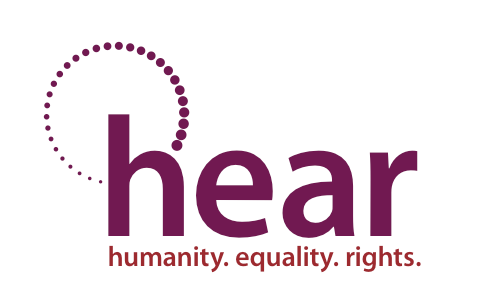HEAR and its members work on this topic in a number of ways through:
- Our Digital Inclusion in London Network meetings
- The research we have done on the wider impacts of the Covid 19 emergency
- Forums such as the Digital Exclusion Task Force; the London Recovery Task Force; Health Equity Group; Equality, Diversity and Inclusion Advisory Group; and other relevant bodies.
- The case studies we have commissioned and collected, and our digital exclusion campaign video project, both funded by Trust for London.
The pandemic brought to the forefront already existing inequalities related to digital access and services, and also created new barriers and problems through the rapid adjustment to many aspects of daily life. It is also recognised that it created opportunities for some people and groups.
HEAR will be pleased to work with colleagues to discuss the full range of digital exclusion issues our members have highlighted. Our members work with and for London’s communities at grass roots level and are keen to connect with all stakeholders to combat digital exclusion together.
For more information contact: hear@hearequality.org.uk
HEAR Digital Exclusion Case Studies
Stepping Stone4 Connect
Stepping Stones 4 Connect - was a project set up to support residents to get online during the pandemic. The project came out of a study into the impact on residents who lacked either the skills or knowledge of how to use digital. One finding was that the lack of knowledge of using digital technology was made worse by an individual's financial situation.
Community Action
"What we do have in common is a difficult mental journeys in life....during the 'Lockdown' months we were deemed as vulnerable and suffering disproportionately from self - isolation."
CAIA
The Centre for Armenian Information & Advice supports over 20,000 Armenians, from their centre in West London. Our organisation was well placed to adapt to the barriers created by ‘lockdown'.
People First
Many people with learning difficulties were struggling before Covid-19 began with reduced services and support and cuts to benefits. During Lockdown, limited support, or in some cases the withdrawal of support, resulted in people finding themselves even more isolated.
Superhighways
During the first lockdown, Superhighways applied for 10 devices from the Good Things Foundation. We consulted with community partners, asking them to put forward anyone who would most benefit from a tablet to help them keep connected during that time.
Shining Stars Community Group
The Shining Stars Community Group supports and empowers socially disadvantaged individuals and communities. Hear how they adapted during the pandemic and supported members connect online.
